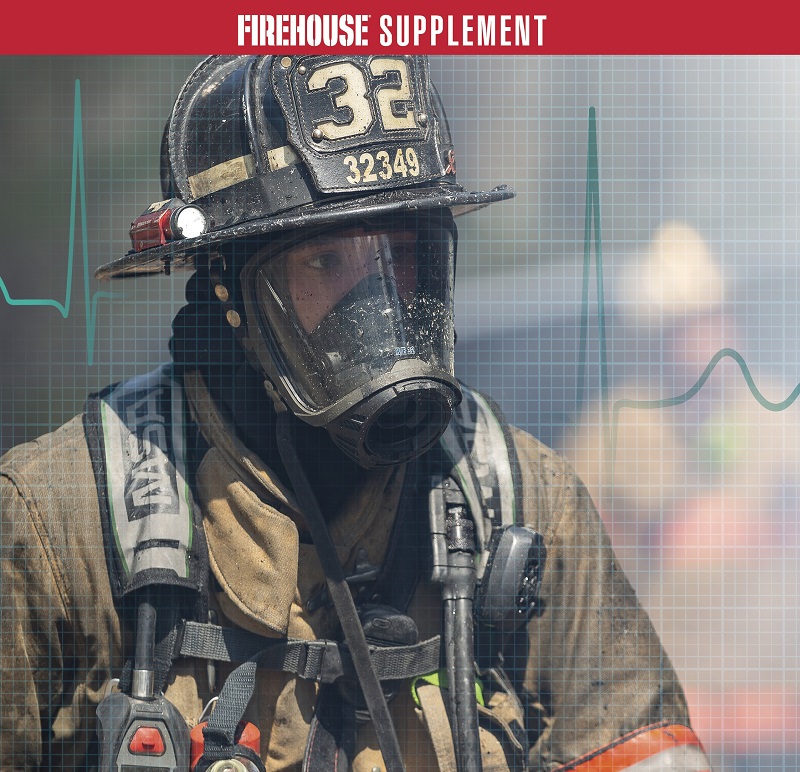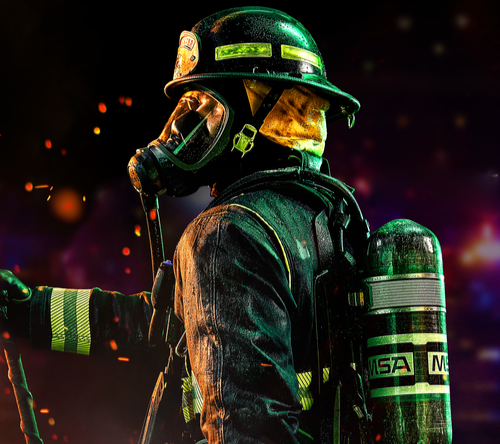
In 2016, the Department of Homeland Security Assistance to Firefighting Grant (AFG) funded a program titled “Science, Medicine, And Research & Technology for the Emergency Responders (SMARTER)” to explore the potential use of technology to address some of the most pressing health concerns in the fire service.
The SMARTER team was led by researchers at Skidmore College’s First Responder Health and Safety Laboratory, and included leading scientists, fire service professionals, and gear manufacturers. The collaborative teams were designed to include expertise from science, technology and industry, and to be guided by a deep understanding of the fire service culture and the needs of firefighters. Some technologies explored were already on the market but needed to be adapted for potential use in the fire service, while other technologies still needed to be developed.
Specific goals of the project were to study the feasibility of specific technologies and to develop/advance technology in targeted areas. Specifically, SMARTER focused on:
- Electrocardiogram (ECG) monitoring for detection of arrhythmias and ischemic changes
- Improving and extending a heat stress algorithm to accurately assess core body temperature
- Developing a low-cost, portable sensor to monitor particulate matter
- Exploring the use of physiological status monitoring in a fire department
To learn more from the SMARTER project researchers about work done on each of the targeted areas, download our Firehouse Supplement.
SMARTER Project partners include Skidmore College; National Fallen Firefighters Foundation; Fire Protection Research Foundation; Globe by MSA; Hanover Park, IL, Fire Department; Houston Fire Department; International Association of Fire Fighters; New York State Office of Fire Prevention and Control; UCLA−The Ozcan Research Group; University of Illinois Fire Service Institute; U.S. Army Research Institute of Environmental Medicine; and Zephyr Performance Systems.







